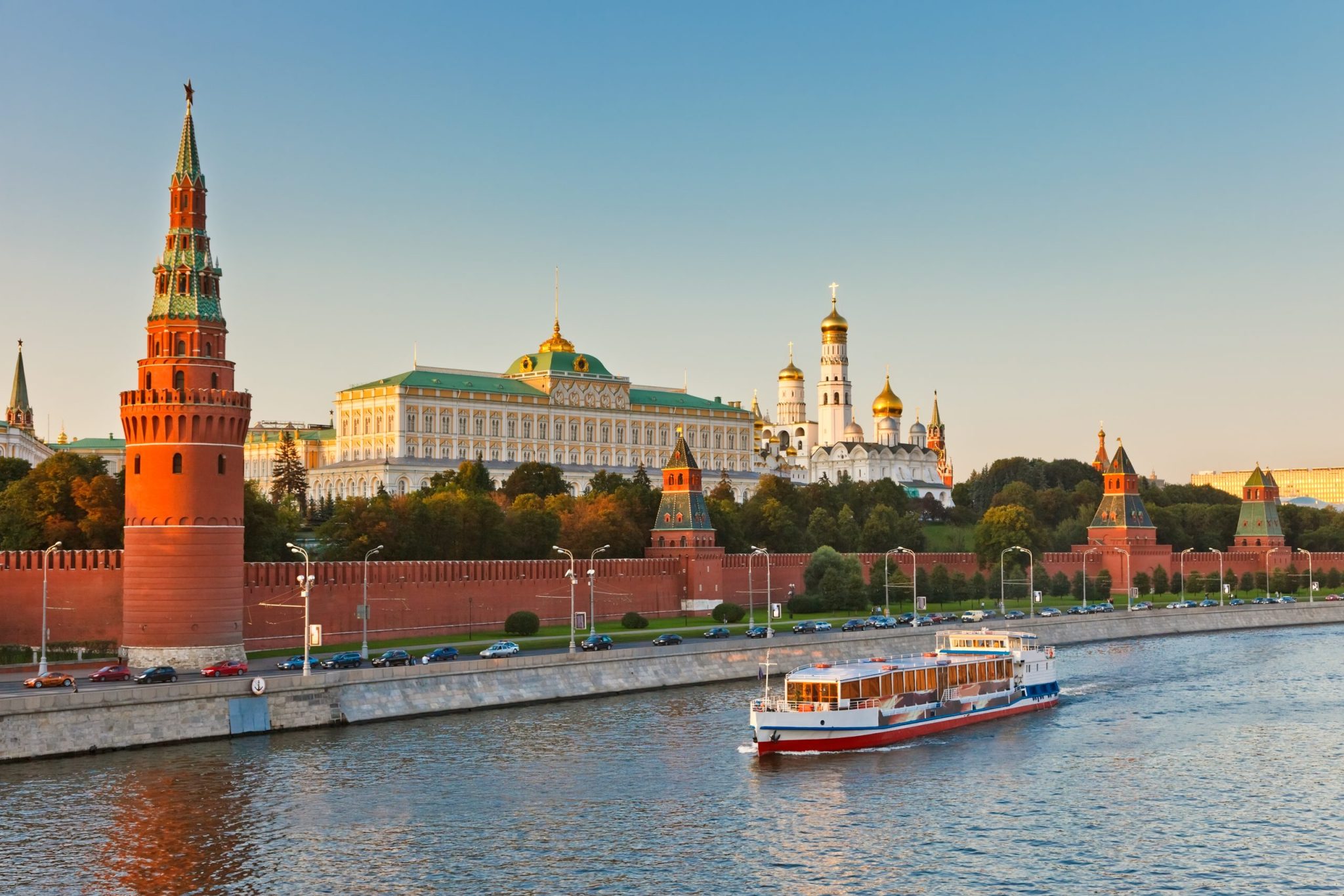The presidential campaign season in Russia has shown a stark turn from the themes that dominated—and were absent from—last September’s regional elections in Russia. With the war then at a stalemate, even the ruling United Russia party avoided any mention of the conflict. But following recent gains, the war is again front and center, with candidates competing for the most hawkish position towards the West.
We analyzed data from the Election Monitor Dashboard, a project from Omelas and ASD that tracks social media accounts, websites, and messaging app channels associated with tens of thousands of media organizations, politicians, political parties, military units, and more that are associated with or mentioned one of the four presidential candidates: current President Vladimir Putin, Leonid Slutsky, Vladislav Danankov, and Nikolay Kharitonov. The goal was to surface trends, backed by extensive data, that give insights into public opinion under a repressive regime.
Key findings:
- Compared to last September, Putin loyalists and ultranationalists are campaigning much more on the war in Ukraine, suggesting they view the war as increasingly popular following the Avdiivka offensive.
- Despite occasional triumphalism, most of the posts on the war deal with benefits for veterans.
- Opposition candidates uniformly praised Putin, drawing comparisons only between his programs and their own.
- The content of the campaign suggests that all candidates view the war and Putin as far more popular than the last election six months ago.
Official Statements from Candidates
Putin laid out his vision for his next term in an address to the Federal Assembly, the Russian equivalent of the State of the Union in the United States. Putin devoted the first ten minutes of the speech to the war, a sharp break from United Russia’s campaign strategy last autumn when the war was barely mentioned. Putin’s address also announced a new program called “Year of the Family” aimed at strengthening Russian families and values and bolstering the country’s lagging fertility rate.
Social media accounts linked to United Russia have devoted significant attention to the invasion over the past four weeks, with over 800 mentions across all regional accounts. This represents more than twice the number of the posts on the topic in the four weeks prior, with posts peaking after Russia’s capture of Avdiivka, Ukraine, on February 17. Mentions spiked again on February 24, the ten-year mark of Russia’s initial invasion and the second anniversary of Russia’s recognition of the independence of Donetsk and Luhansk, part of eastern Ukraine’s Donbas region. Despite the triumphalism on those days, most of United Russia’s posts on war-related topics concern benefits for veterans and expressions of gratitude from regional leaders to those fighting in and supporting the war.
Leonid Slutsky, candidate of the ultranationalist Liberal Democratic Party of Russia (LDPR), has also focused extensively on the war. His Telegram channel and VKontakte page had been fonts of anti-Western saber-rattling long before he announced his candidacy and that has continued apace. Slutsky’s most engaged-with content on the war has been his bellicose response to Macron’s suggestion that Europe might send troops to Ukraine and to the claim that the German Bundeswehr was plotting an attack on the Kerch Bridge. Slutsky’s most popular post stated that “war should end in 2024,” meaning Russia should be able to affect an unconditional Ukrainian surrender.
Liberal Democratic Party of Russia (LDPR) accounts have been even more prolific than United Russia accounts in posts about the war, with more than 1300 posts over the past four weeks, a nearly three-fold increase from the preceding four weeks. Posts peaked on the anniversary of the first invasion and on March 7, when the party introduced a bill to recognize civilian administrators in occupied Ukraine as veterans eligible for benefits.
Vladislav Davankov (Liberal New People Party) and Nikolay Kharitonov (Communist Party of the Russian Federation), by contrast, did not reference the war on their official channels. Davankov did not reference any concepts related to Ukraine, while Kharitonov’s only reference to Ukraine came in a post honoring a Soviet leader who worked at Chernobyl.
On official channels, candidates were uniformly laudatory of Putin. Davankov only mentioned Putin once, in the context of drawing favorable comparisons between his agenda and Putin’s new “Year of the Family” initiative. Slutsky referenced Putin in the context of lambasting Western media for its coverage of both his Address to the Federal Assembly and his interview with Tucker Carlson but did not otherwise mention the incumbent. Kharitonov did not mention Putin. In turn, Putin did not mention any of his competitors—a clear indication that Putin does not perceive any of the candidates to be even an inconvenience, let alone a serious risk.
Coverage of Candidates
Slutsky has commanded far more coverage than the other two challengers, reflecting his greater prominence entering the race. Slutsky has appeared in 353 pieces by major Russian outlets compared to 253 for Kharitonov and 204 for Davankov.
Sunday marked the last in a series of debates between the candidates, with surrogates appearing in place of the candidates for some debates. Putin did not participate in any debates. Analysts generally agreed none of the three participating candidates “won” the debating rounds, though several claimed Kharitonov had the most appeal while business daily Kommersant noted that only Davankov meaningfully separated himself from Putin.
Davankov received more coverage from opposition outlets like Dozhd (Rain) and Meduza, especially after the release of his agenda, which mirrored that of banned anti-war candidate Boris Nadezhdin and included amnesty for political prisoners and direct elections of governors. Dissident outlets also covered Davankov’s empathetic response to the death of Alexei Navalny. The country’s top tabloids and most read papers—Komsomolskaya Pravda (KP) and Moskovskiy Komsomolets (MK)—only mentioned Davankov in the context of overviews of the election.
By contrast, KP covered Slutsky extensively and favorably, especially his position of taking a more aggressive stance on Ukraine and towards the West, as well as his campaign visits to occupied Ukraine. The papers also provided favorable coverage of his plans to reduce taxes and expand benefits.
Coverage of Kharitonov was more mixed across different media outlets, with some disparaging his tribute to Soviet leader Joseph Stalin on the 71st anniversary of the dictator’s death. Many outlets discussed his likely third place finish, which would make this presidential election the first since the Soviet collapse in which a communist candidate did not place second.
Conclusion
With the election a few days away, Putin’s victory is virtually guaranteed. Signals used in the last election to infer the unpopularity of the war are no longer present, reflecting an apparent boost to morale following the capture of Avdiivka. The three opposition candidates have struggled to meaningfully distinguish themselves and will likely badly underperform the showings of previous systemic opposition challengers. Nonetheless, a surge in support for Davankov at poll time could conceivably put him above 10%, demanding a response from the Kremlin—either more repression of liberals, a more liberal approach from the administration, or both.
The views expressed in GMF publications and commentary are the views of the author alone.






